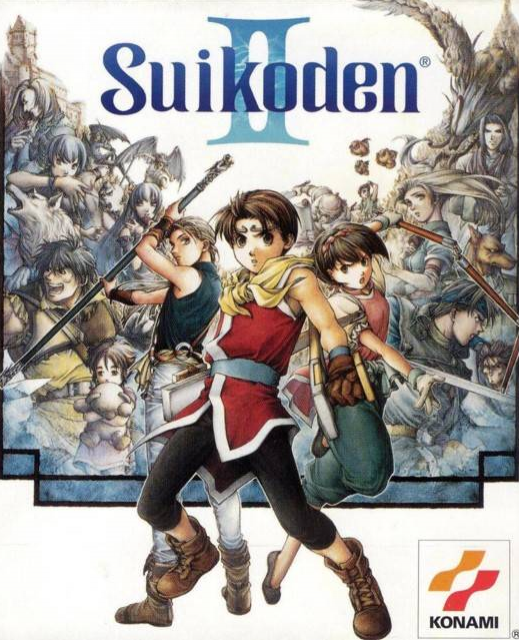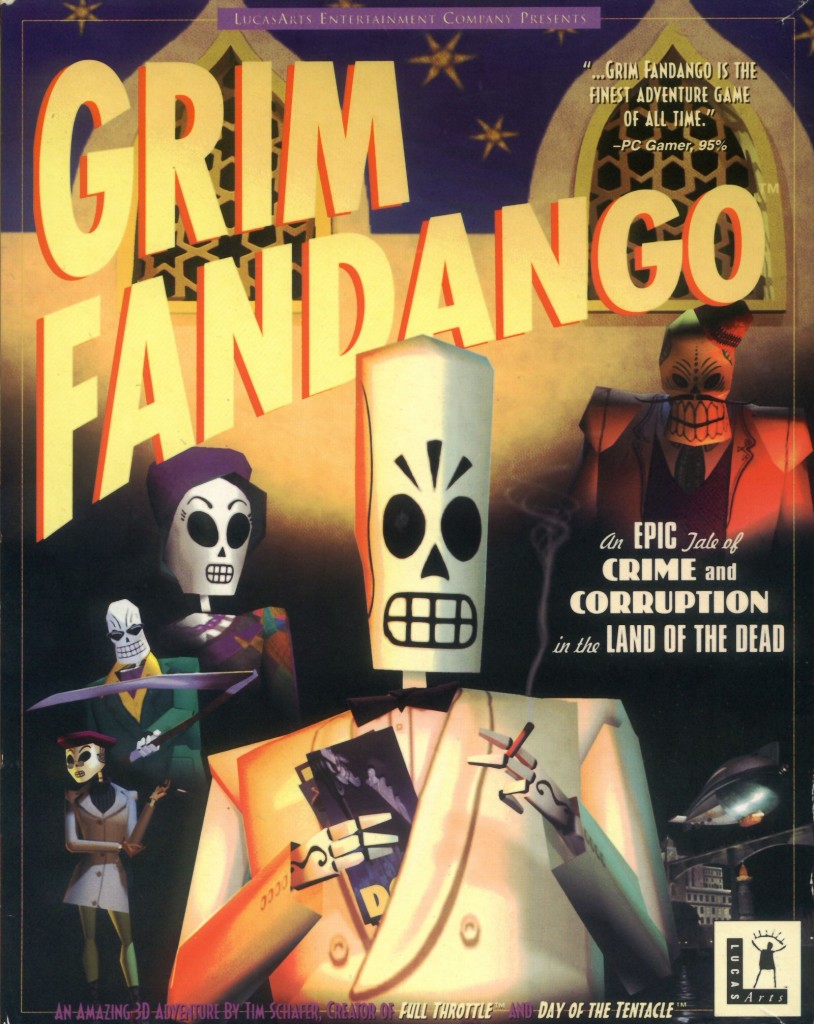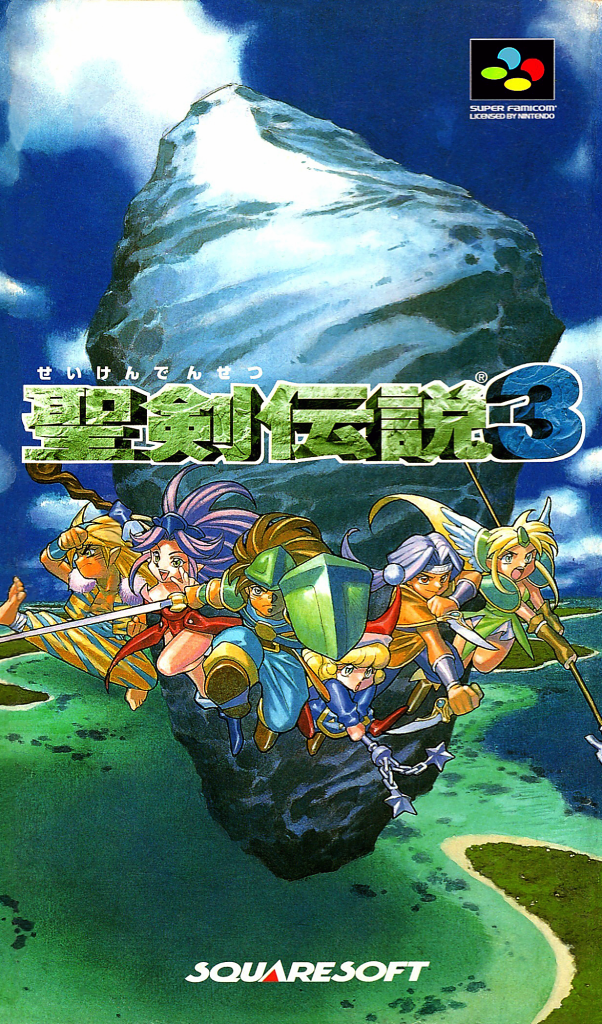Someone asked this question in the Theology Gaming group on Facebook. So, of course, I had to write a book-long article about it. Apologies!
How do you guys feel about using abandonware? I’m talking about old software that are pretty much ignored by the developer and for which support/commercial sale is no longer available. One thing important to remember here is that just because it’s abandoned doesn’t mean it is publicly released, so using/downloading it is TECHNICALLY still illegal. As a Christian, I believe we are called to obey the laws of the land to glorify God (Rom 13:1-7) but as a reasonable consumer, I have a hard time accepting these copyright laws.
For instance, if I download a copy of Windows 3.1, which is officially ‘abandoned’ by Microsoft (no support, no sale), I am committing a crime. I do not want to create my own rules for my own needs, but I found that some of the digital laws we have are very restricting. What are your thoughts? Should I just go ahead and use those software, or should I play strictly by the rules and somehow purchase a Windows 3.1 license to use it? This question also applies to OLD games that are considered abandoned (literally no place to get a legal copy) but not freeware.
To elaborate a bit further, I think the essence of this question boils down to the notion of obeying the laws of the land. Is it going to be playing by the rules strictly that can be almost on the verge of legalism, or reasonably maneuvering around faulty man-made laws as long as I don’t cause harm or sin, but be in danger of abusing grace.
Perhaps a closer look at Romans 13 makes the issue clearer?
Every person is to be in subjection to the governing authorities. For there is no authority except from God, and those which exist are established by God.
So, as a first point, Paul says that we all, Christian and non-Christian alike, exist under the rule of the governing authorities. Furthermore, only those authorities exist which God established. So far, so good, right?
2 Therefore whoever resists authority has opposed the ordinance of God; and they who have opposed will receive condemnation upon themselves.
If we resist any kind of governmental authority, then, we violate God’s ordinances.
3 For rulers are not a cause of fear for good behavior, but for evil. Do you want to have no fear of authority? Do what is good and you will have praise from the same; 4 for it is a minister of God to you for good. But if you do what is evil, be afraid; for it does not bear the sword for nothing; for it is a minister of God, an avenger who brings wrath on the one who practices evil.
Here, the government exists almost as a literal embodiment of God’s will. In no case should we violate its laws, for it brings swift judgment on those who act in evil ways. Otherwise, we might say, what’s the point in following any law at all?
5 Therefore it is necessary to be in subjection, not only because of wrath, but also for conscience’ sake. 6 For because of this you also pay taxes, for rulers are servants of God, devoting themselves to this very thing. 7 Render to all what is due them: tax to whom tax is due; custom to whom custom; fear to whom fear; honor to whom honor.
I had not looked at verse 5 in detail before, but I think I understand the pangs of conscience in this issue more than any one else; I’d used my share of emulated and/or abandoned software without understanding the concequences (that’s what children do, I suppose!). We have a responsibility to the earthly powers of government to follow its laws, not only from the spiritual point of view but also from the physical. Christians SHOULD set a moral example to follow its mandates even when we do not particularly like them.
Of course, I make an exception to the idea of revolutions and such, but that’s a different issue for a different day.
Now, in our case, most governments where the issues of piracy, abandonware, and the like comes from first world countries where copyright laws faces rampant violation. The proliferation of the Internet, combined with the lack of regulation (and the sheer impossibility of regulating it at all) means that illegal copying and distrubtion becomes a problem. Companies around the world continually defend their intellectual property rights against masses of people who, for lack of a better description, feel their self-interest overcomes the livelihood of those who actually create intellectual property.

However, some people do it out of a genuine love for the game in question. Suikoden II, for example, still heralds a bygone era with its perfection of a particular style of 2D RPG. Unfortunately, Konami saw fit to never release the game in any form except the PS1 original. We beg and plead, but if Konami will not let us play this fascinating, exquisite game, we’ll find a way to do it. Thus do emulators and ISOs and ROMs find their place. For me, I remain one of the lucky few to play the game in its own context, but I remember trading it into GameStop for a Xbox (oh, the irony. Not that Halo multiplayer didn’t fill the void for years to come).
These long lost games would wander the gaming wastes, lost in the ether. As the epheremarality of hardware becomes more and more prevalent, emulators and ROMs exist as a historical archive of long lost classics or forgotten games that deserve recognition. Perhaps the markets do not support a re-release, or there’s no public demand – how will I get a copy of Suikoden II if I don’t pay exorbitant second-hand prices? Thus do we justify our downloading something copyrighted – “well, I’d buy it if I had the cash.”

Because of the circumstances, this has always been a contentious issue; same goes with abandonware, expired PC software licenses and their ilk. If the company won’t release them, why not use them? My desire, though, should not count as a factor in this deliberation; any way you place the issue in question, it amounts to “getting something for nothing”. In a capitalist society, this argument does not hold water due to copyright laws. None of these products of the technological age hit that seventy-five year mark, or are even close (Not even SpaceWar!, for goodness sake). Downloading them still becomes akin to violating that law, which (if we take Romans seriously) works by God’s power.
Now, a democracy/republic engenders a further question: since we can change the law, does that mean it is God given? And to that I counter with Calvinist legal theory and say: yes, yes it is. Whatever the current law, we as a society collectively agree that these exist as “good laws” and not bad ones. If there’s a big problem with an issue, we take it to court. If the issue becomes problematic enough (at least in America), the Supreme Court deliberates to decide whether or not said law remains valid based on a number of factors.
Now, as should be rather obvious, me getting free stuff doesn’t equate to a Constituional violation of the highest order. Frankly, I do not think the government cares about whether or not I see an official English language release of Seiken Densetstu 3 from Square-Enix, and that I’ll use an emulator instead. My general rule of thumb for these issues comes down to whether or not I can own the original product in question (which, conveniently, I do for SD3). Let me throw out Grim Fandango as the example (insert any Neo Geo game ever released if that works better). Suppose you want to play Grim Fandango, but there’s been no re-release of the game as of yet on GoG or any other digital distribution channel. Suppose also that the game goes for exorbitant prices on eBay. What do you do? Do you just go and download it?

My personal answer? Much as I may want to play it at some point, that’s still not my copyright; I don’t own. Neither do the people who actually made the game (at least if they’ve left the company or gone to other companies to work), but they agreed to the terms of ownership as they developed it. Lucasarts keeps the game, but they’re within their own rights never to release it again due to the whims of the marketplace. Whenever it becomes commercially viable to release again (which looks like soon, given The Walking Dead’s success), then it will find release. As Nintendo’s legal department might put the question and the answer:
Isn’t it Okay to Download Nintendo ROMs for Games that are No Longer Distributed in the Stores or Commercially Exploited? Aren’t They Considered “Public Domain”?
No, the current availability of a game in stores is irrelevant as to its copyright status. Copyrights do not enter the public domain just because they are no longer commercially exploited or widely available. Therefore, the copyrights of games are valid even if the games are not found on store shelves, and using, copying and/or distributing those games is a copyright infringement.
Regardless of whether I personally want to play a game or not, or even whether it’s financially viable to find a used copy, does not mean I simply download what I want to play. I’m one to track down those games if I have to play it; at least I legally own said game. I want to pay them for creating the product rather than stealing it outright.
If you had a copyright of something AMAZING, I’m sure you would not want anyone to violate it either. All the material written on this blog isn’t copyrighted, but it IS MY INTELLECTUAL PROPERTY. Taking it and posting it somewhere else on the Internet as your own work constitute plagiarism and stealing. Society does not work in making any kind of product if someone just outright steals an idea without credit given. When it comes to programs, it’s even more straightforward: using it for reason unintended constitutes a violation of the law.
Unfortunately, you can’t always get what you want. But there’s so many games out there, I can’t imagine one particular product making all the difference.

